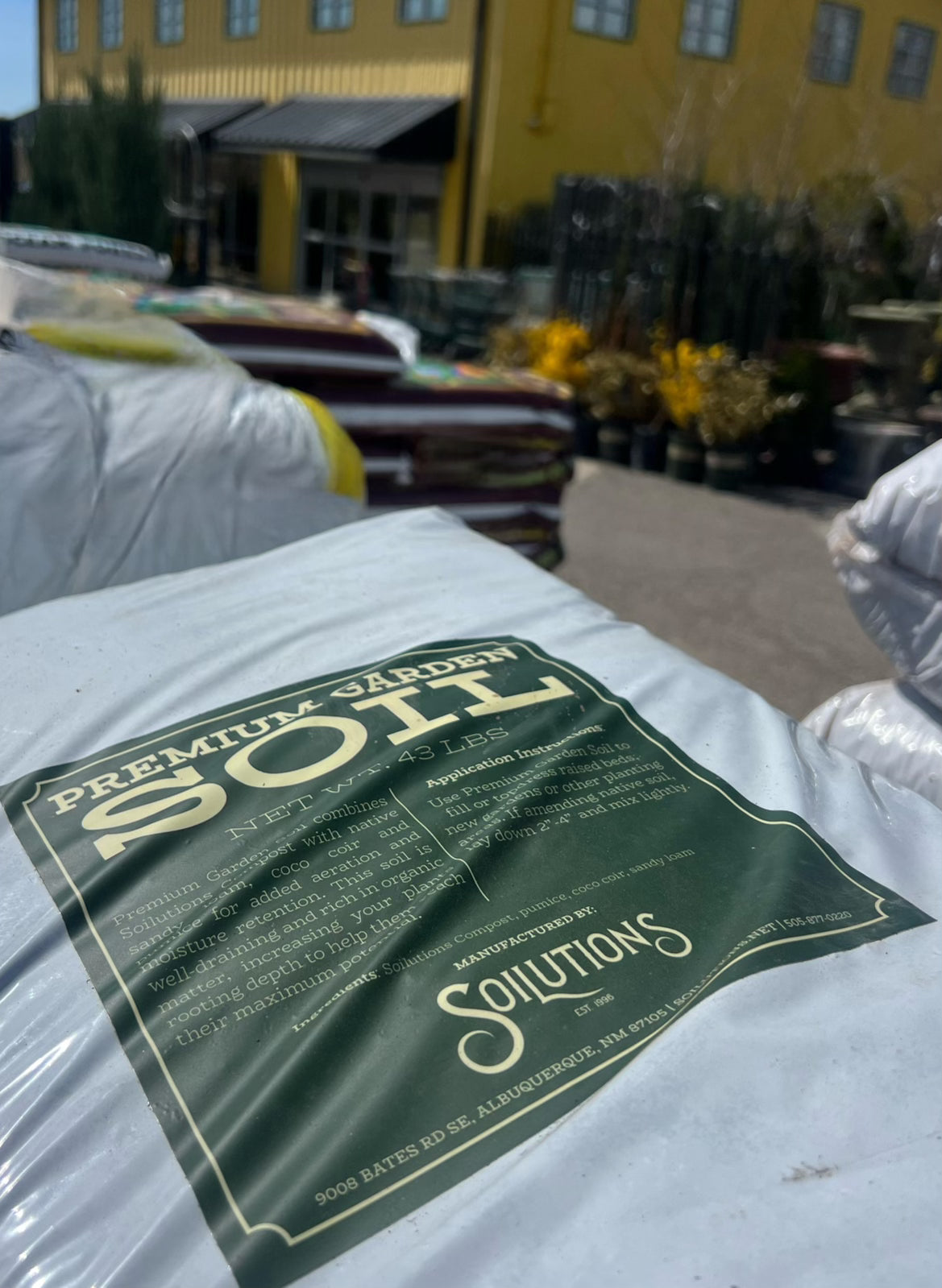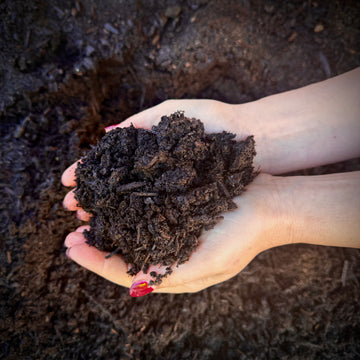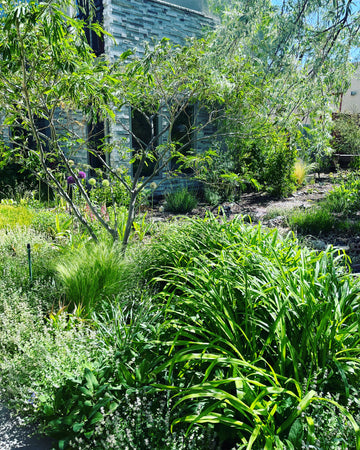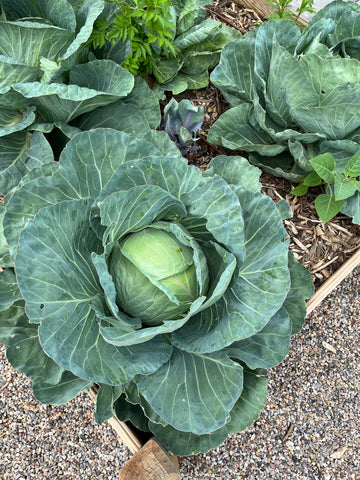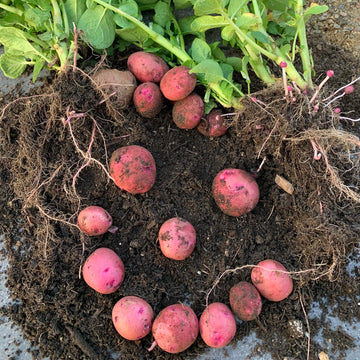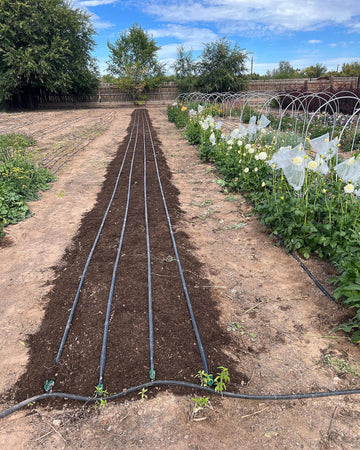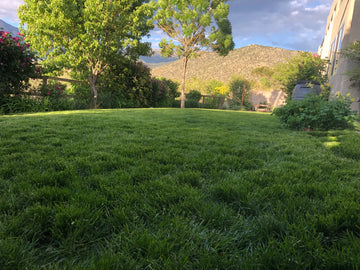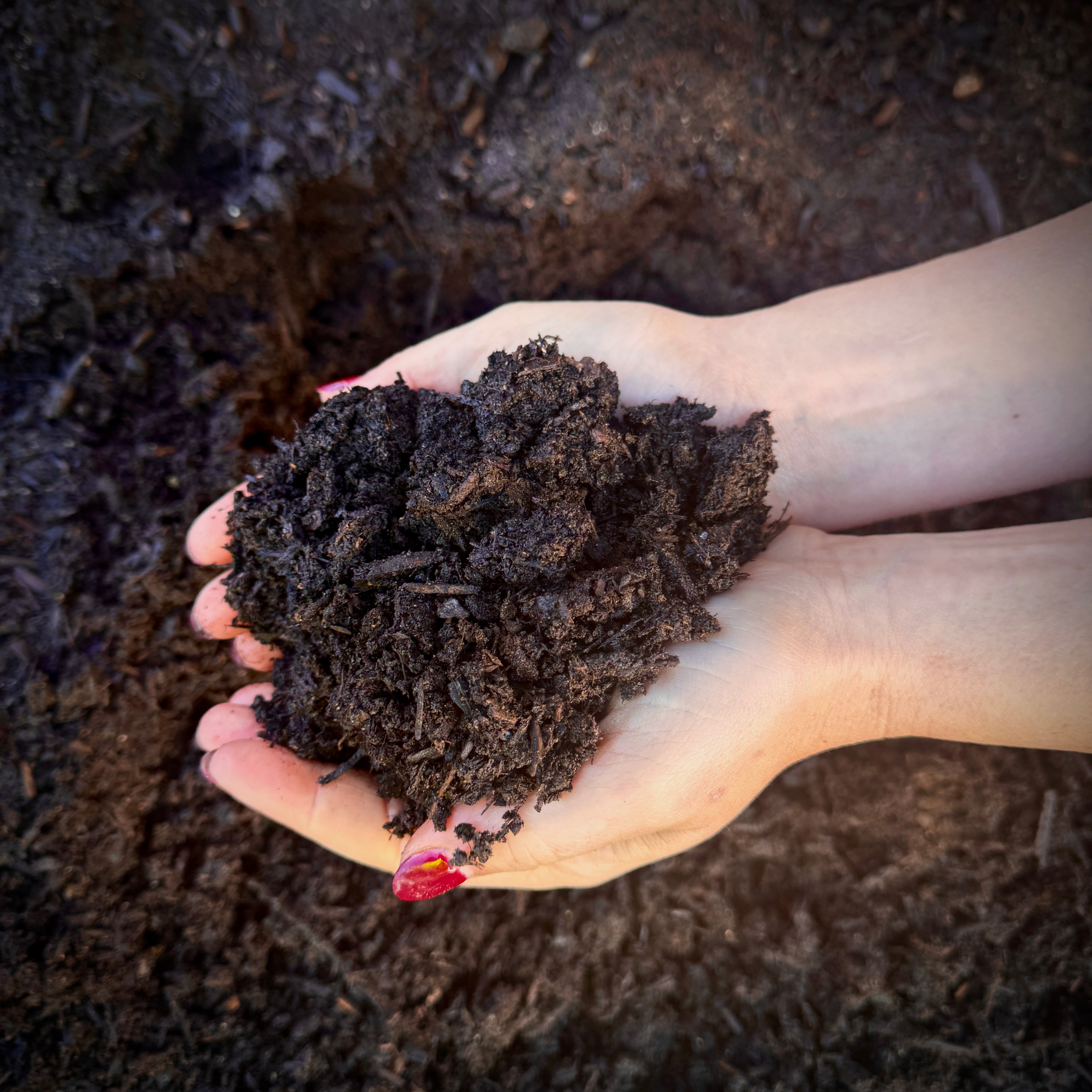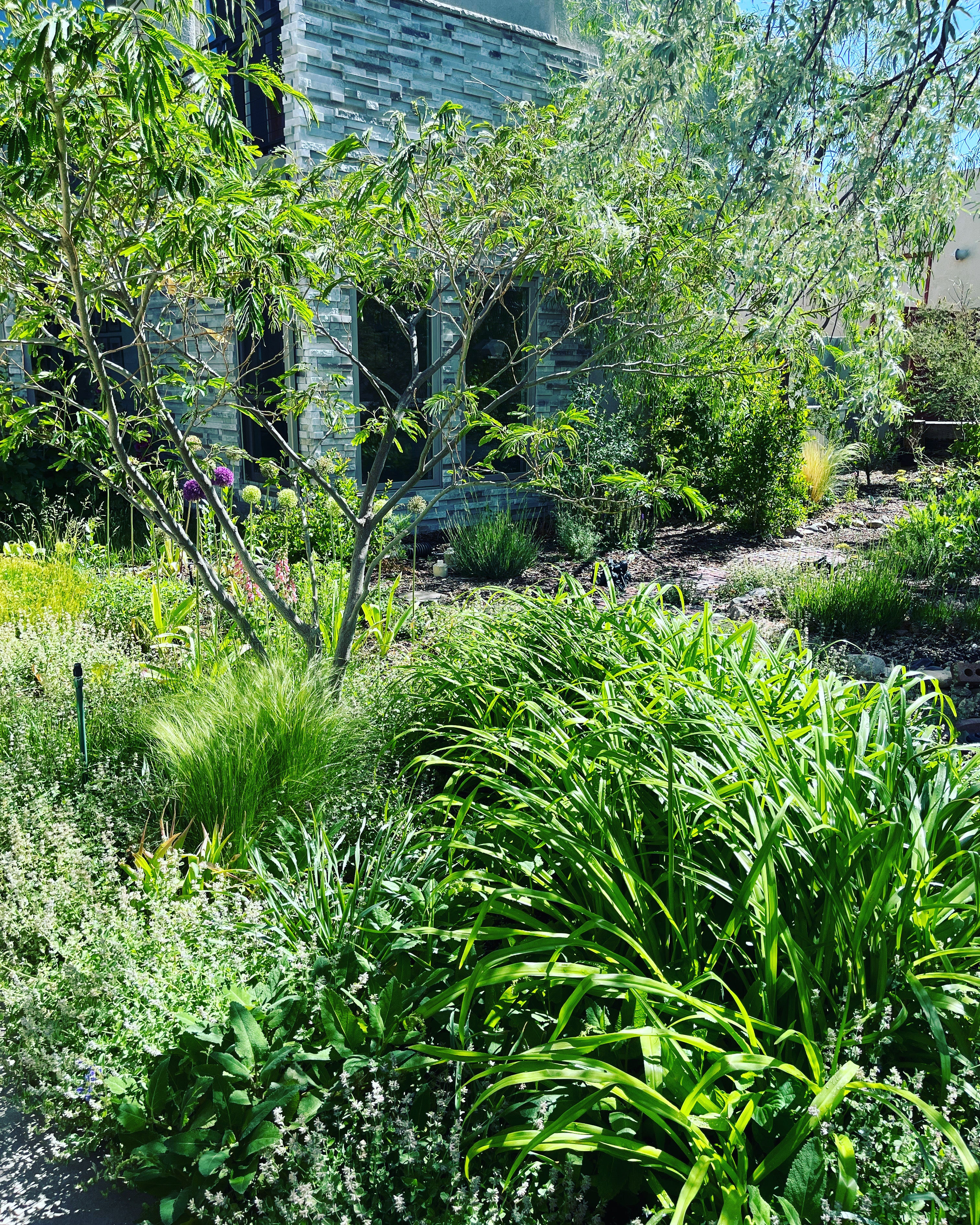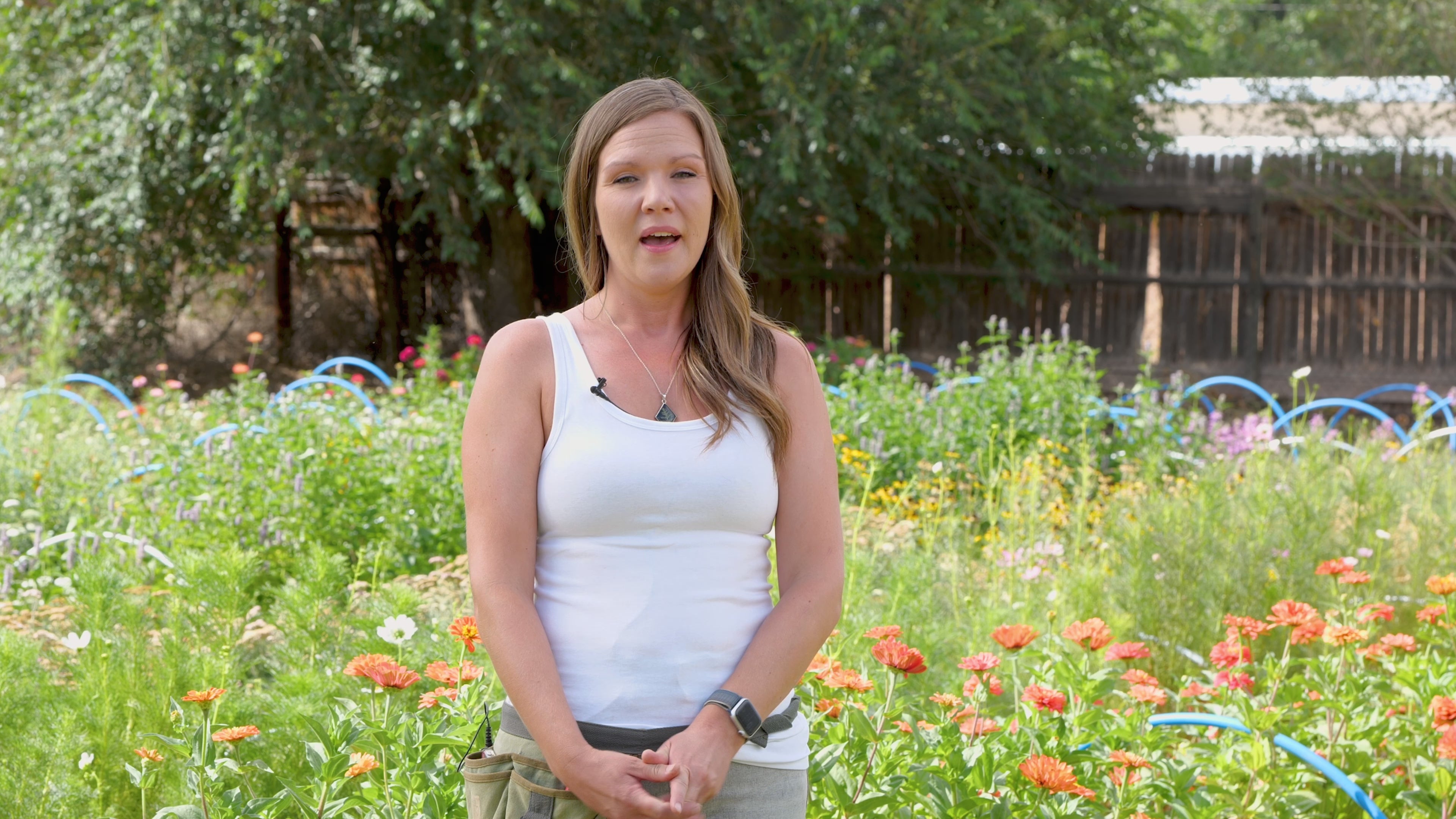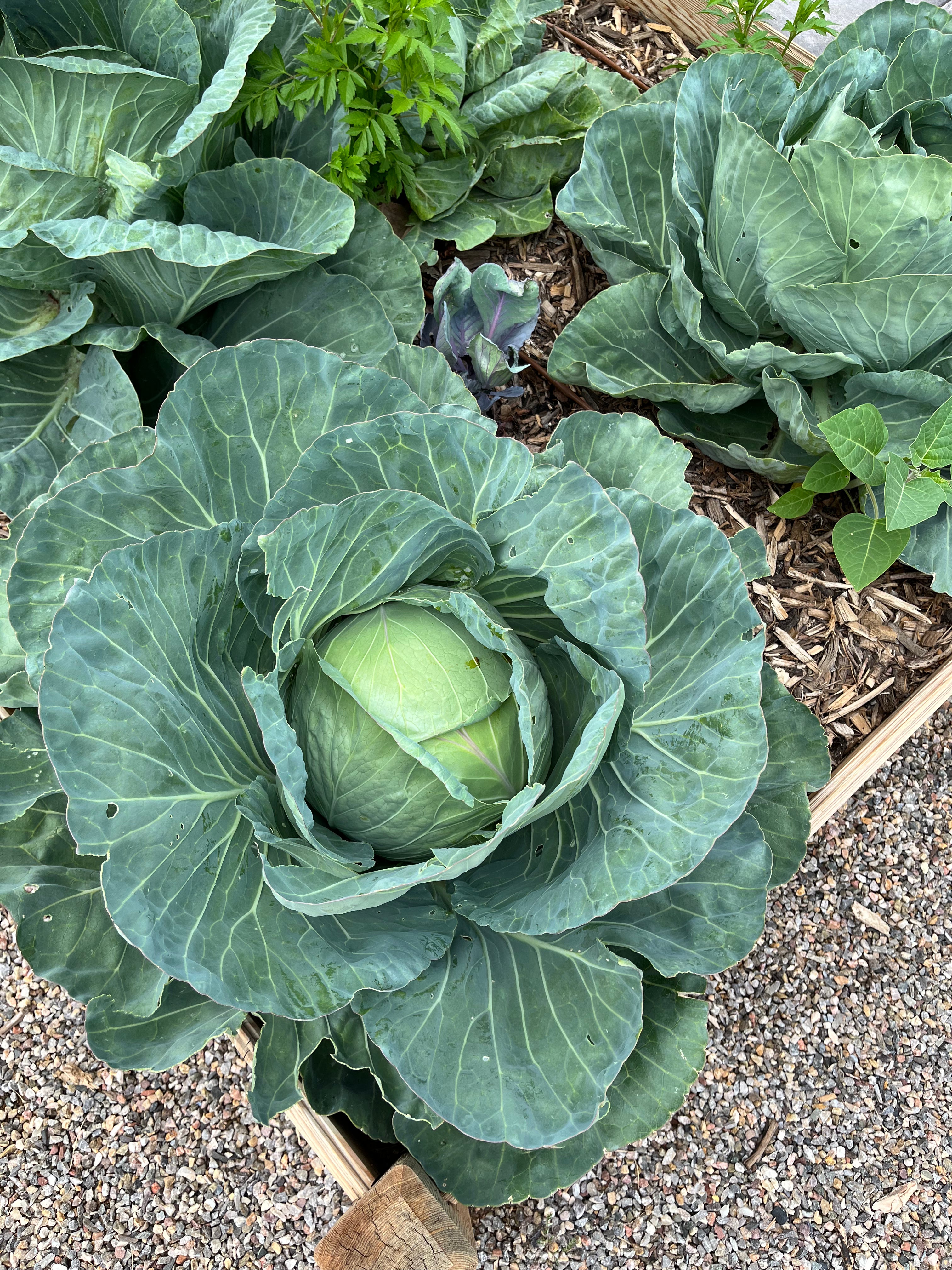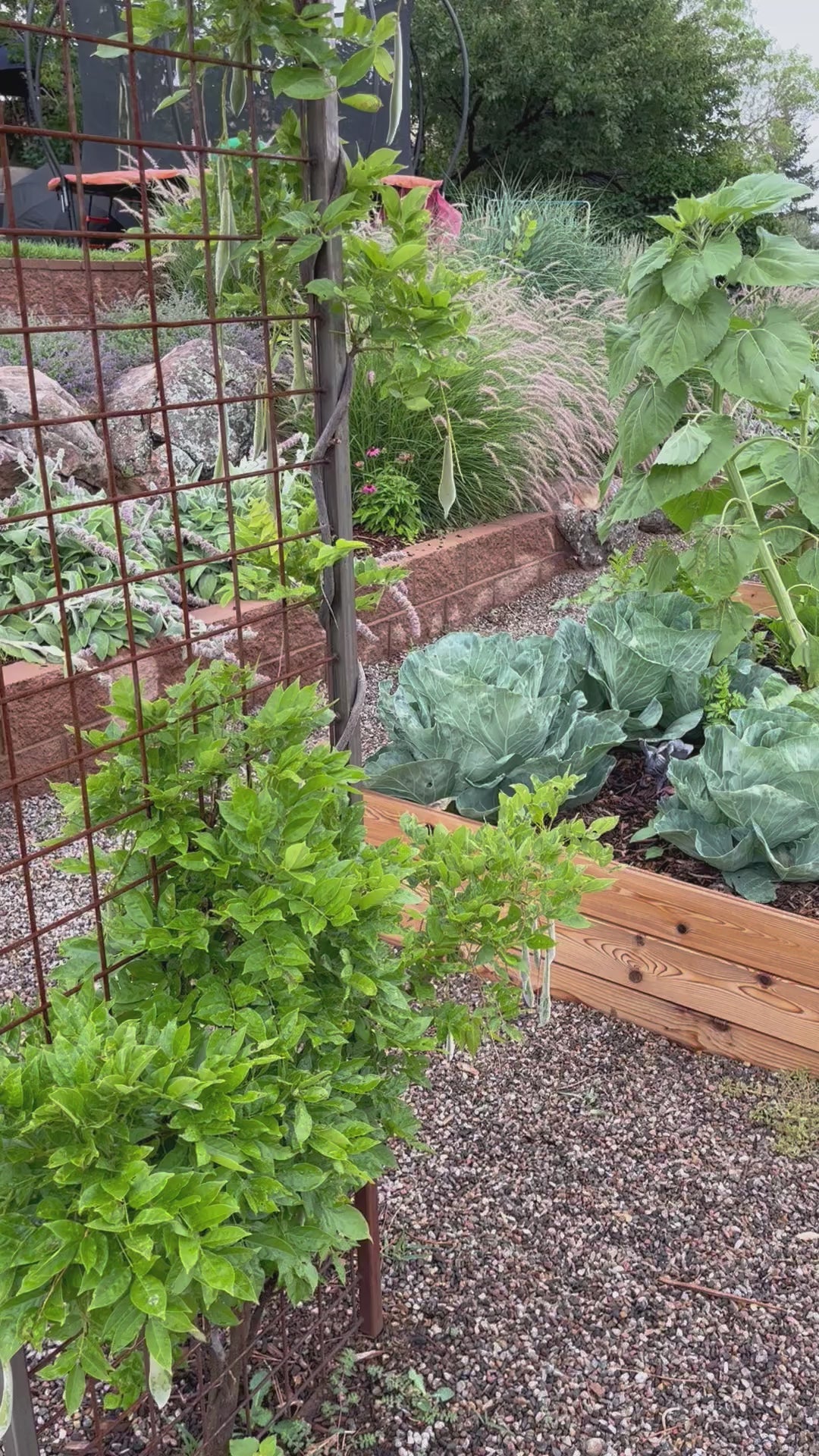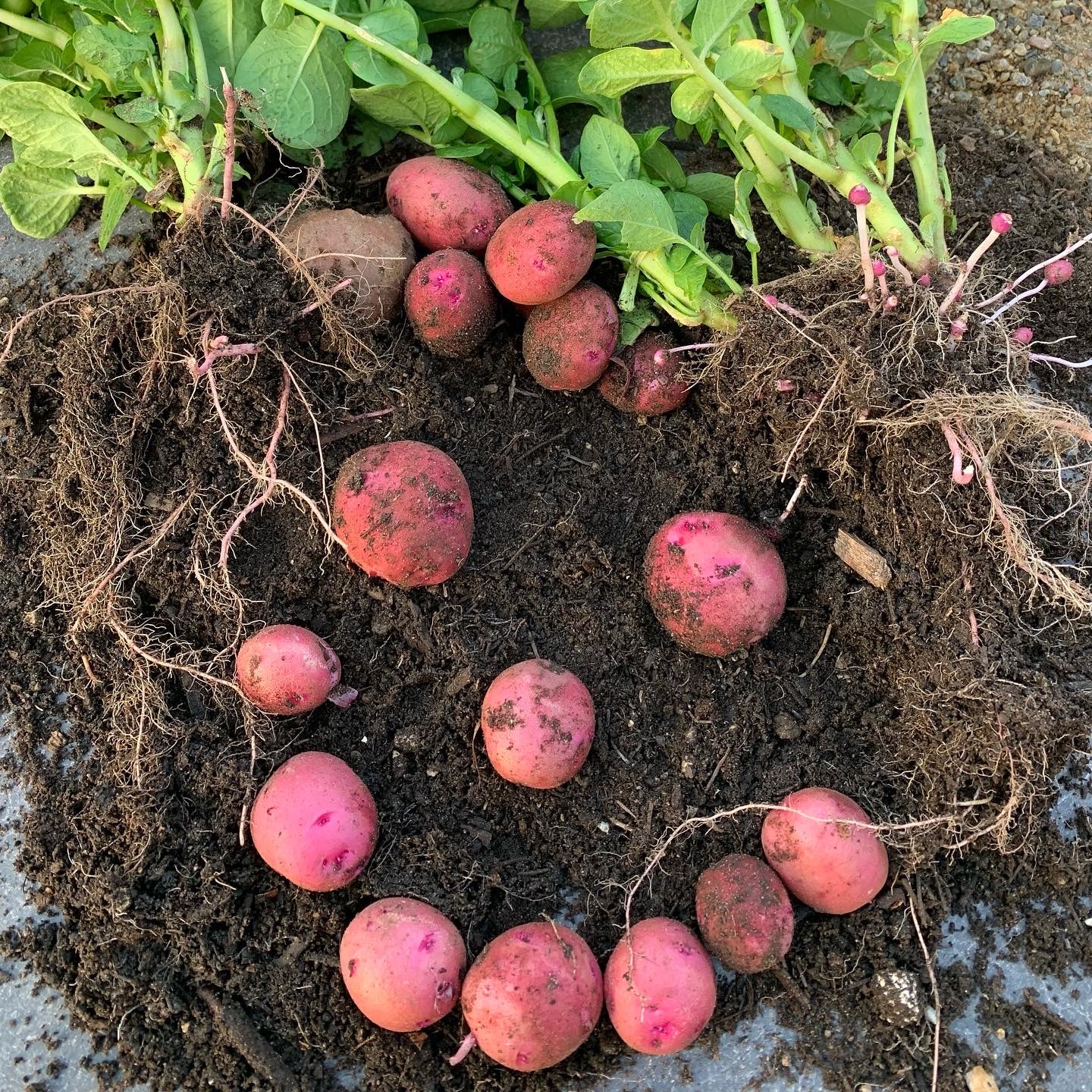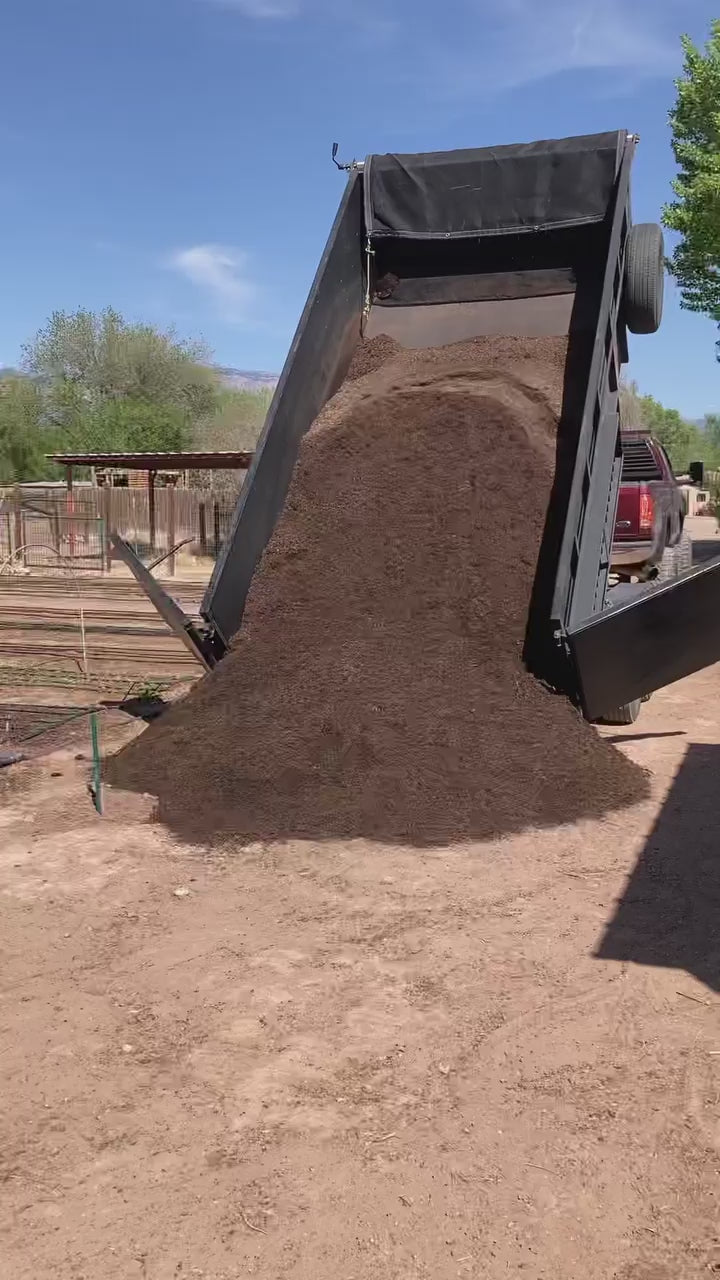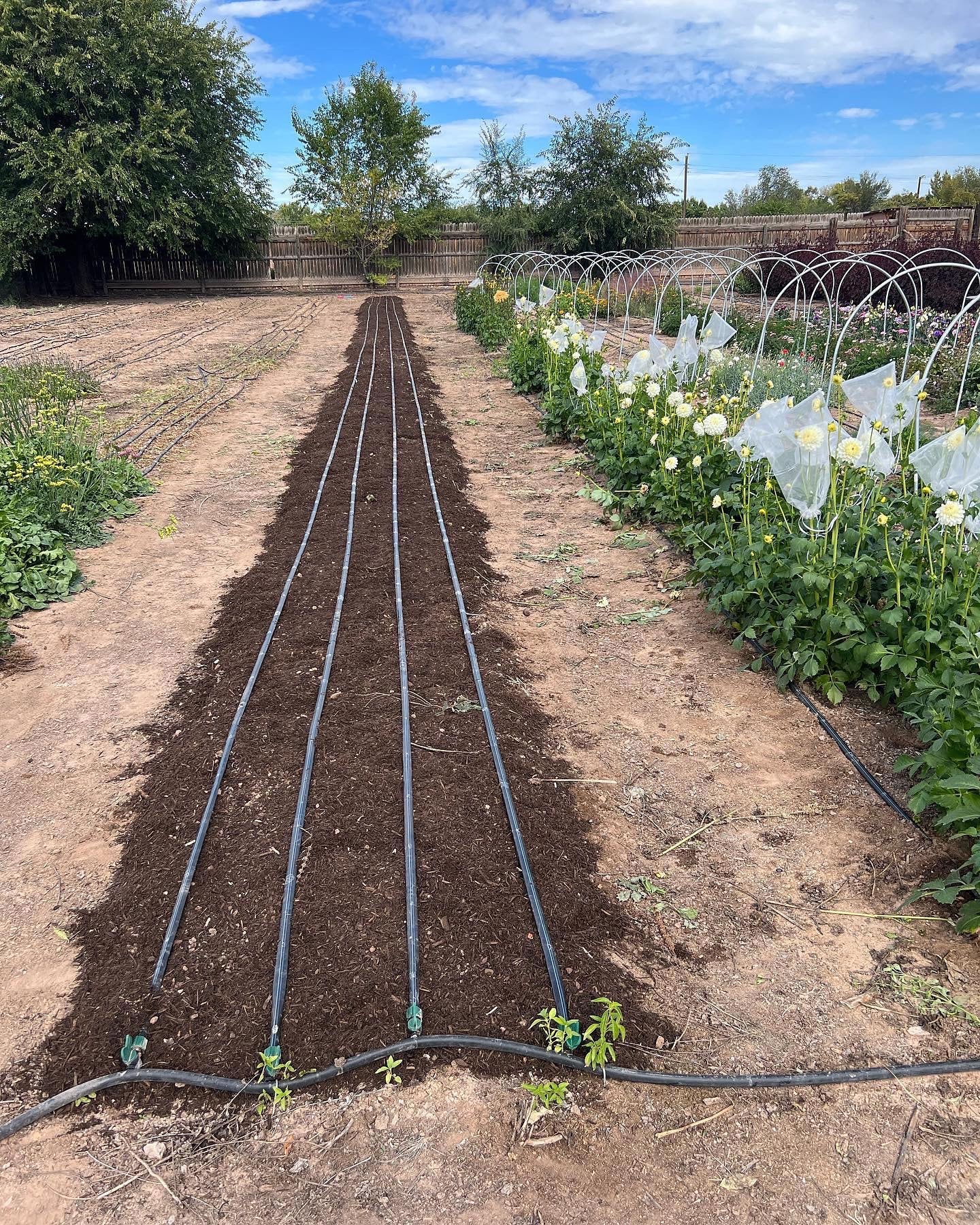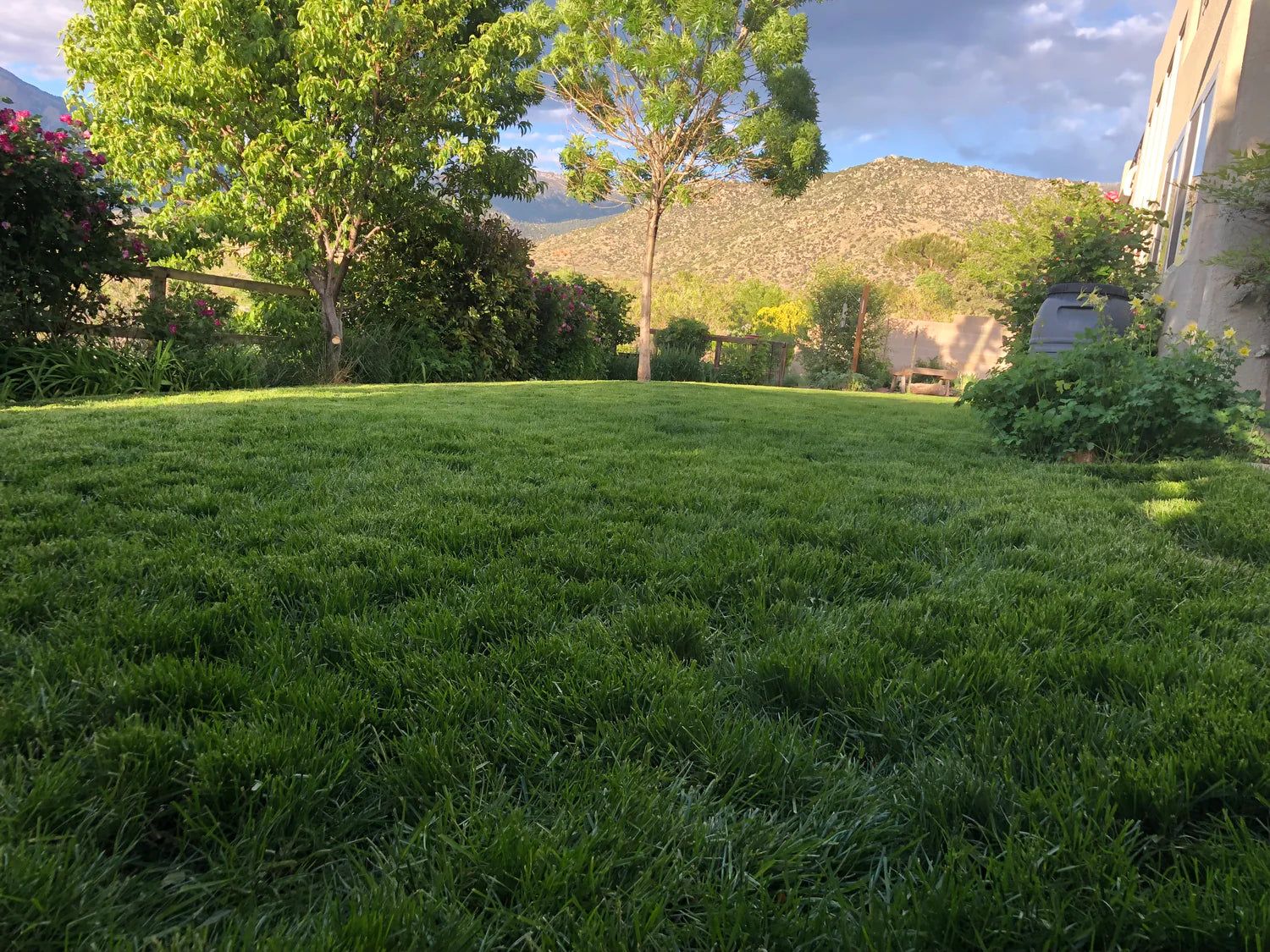This is a common question —especially when folks spot white fungus or mold in a bag of soil or notice a little fungus on mulch they’re about to spread. It might set off an alarm at first, but here’s the good news: not all molds and fungi are bad. In fact, many are actually great for your garden.
Fungi and mold are essential parts of healthy, living soil. They’re key players in the natural breakdown of organic material, turning yesterday’s yard and food waste into tomorrow’s plant food. So, while it might be surprising to see mold in your soil or mulch, it’s usually a sign that the microbial life in your growing media is doing exactly what it’s supposed to.
⸻
So, How Does Mold End Up Inside the Bag?
Mold and fungi thrive in moist, organic-rich environments—exactly like the composted materials we use in our soils and mulches. Sometimes, moisture from the composting process is still present when the product is bagged. And since soil and mulch bags aren’t waterproof, additional moisture can sometimes sneak in after packaging, creating the perfect conditions for mold spores to do their thing.
⸻
Is It Harmful?
Not at all. Mold and fungi found in bagged soil or mulch are natural and harmless to people, pets, and plants. In fact, they help make nutrients more available to your plants by continuing to break down organic matter. That’s why we don’t sterilize our products—doing so would remove the beneficial microbes that support a healthy soil ecosystem.
⸻
So It’s… Normal?
Absolutely. Mold spores are naturally present in composted soil and mulch, and they love warm, damp, oxygen-poor environments—like a sealed bag. Once you open the bag and expose it to air and light, mold growth usually slows down or disappears.
⸻
What If There’s a Lot of Mold?
If your soil or mulch is covered in white, it may just be a little too moist. It’s still perfectly safe to use, but if you’d prefer to minimize the mold, you can spread the product out on newspaper and let it dry for a bit before planting. Once it’s in your garden, mold usually dissipates with air circulation, sunlight, and time. Just be sure not to overwater, and let your plants dry out between waterings when possible.
⸻
The Bottom Line
If you spot mold or fungus in your Soilutions soil or mulch, know that it’s a natural part of the process—and a sign of life in your soil! These microbes are working hard to build healthy, living growing media that supports thriving plants, from roots to blooms.
Got questions about soil life? We’re always here to dig in and help. 🌱


